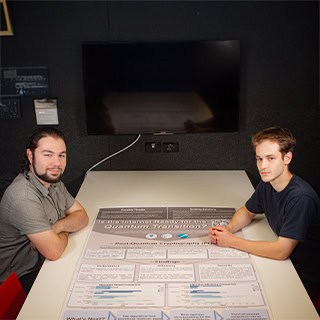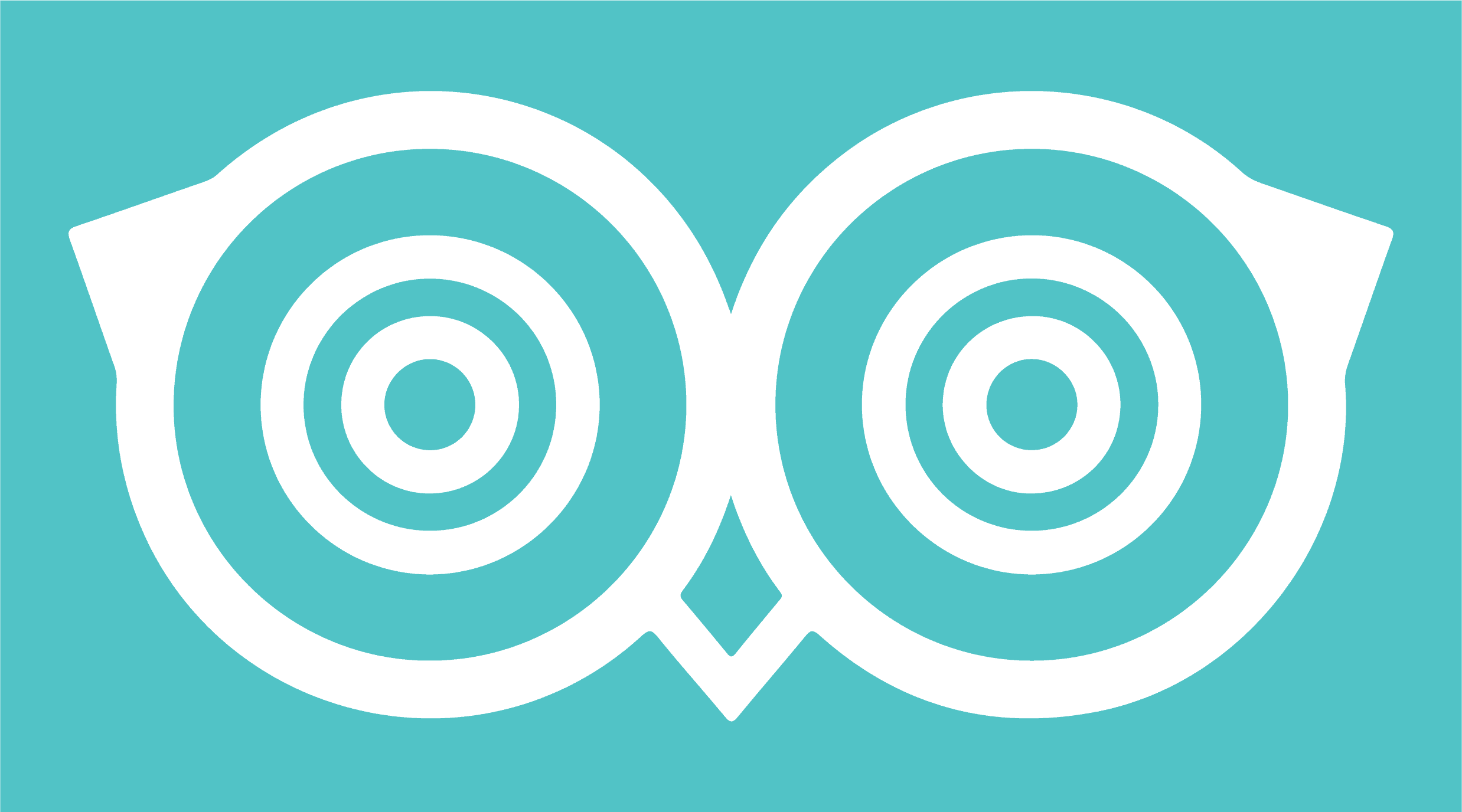In an era of AI-generated content and rampant misinformation, how do we ensure digital truth? Imagine a world where misinformation and digital manipulation are stopped at the source. That’s the vision behind our involvement in the CSIRO Next Generation Graduates Program, where Senetas proudly supports the innovators of tomorrow. This forward-thinking initiative connects students, researchers, and industry leaders to equip them with the skills and mindset needed to solve real-world challenges.
As part of our focus on cybersecurity and quantum-safe encryption, we partnered on a project to integrate post-quantum cryptography (PQC) into the Coalition for Content Provenance and Authenticity (C2PA) standard—a key tool for verifying the origin and integrity of digital content.
A Collaborative Vision
The Next Generation Graduates Program, managed by CSIRO’s Data61, takes a multidisciplinary approach to education and research. Its goals—developing AI, quantum, and emerging technology expertise; fostering entrepreneurial thinking; and driving industry-led projects—align perfectly with Senetas’ commitment to innovation. The program’s emphasis on diversity and regional development ensures that solutions address a broad range of perspectives and the needs of all Australians.
Our partnership addressed the challenge of keeping digital content secure and authentic in an era of rising misinformation and AI-generated media. Through this collaboration, students became part of our mission to develop resilient, future-proof technologies.
The C2PA Project: A Quantum-Safe Future
Partnering with Monash University, we explored how quantum-safe cryptography could strengthen the C2PA standard – a vital tool for verifying the authenticity and integrity of digital content. Tools like C2PA are becoming critical as generative AI and misinformation continue to proliferate.
Key Achievements of the Project
Martin Carroll and Mason Hunt, engineering and computer science students from Monash University, led this project. Their focus included:
- Algorithm Selection: Evaluating NIST-recommended PQC algorithms, such as Crystals-Dilithium and Falcon, for their performance and suitability in digital provenance applications.
- Practical Integration: Developing and testing a proof of concept to replace traditional cryptographic algorithms in C2PA with quantum-safe alternatives, ensuring long-term security.
- Benchmarking and Optimisation: Comparing PQC algorithms to classical ones, identifying ways to optimise performance without sacrificing security.

Photo Credit: Megan Green
A Foundation for Future Innovation
This project highlighted the power of collaboration between research and practical application. Quantum computing brings enormous possibilities but poses risks to existing encryption systems, as it has the potential to compromise widely used public key cryptography systems within the next decade, rendering current data protection measures ineffective. By integrating PQC into frameworks like C2PA now, we’re preparing for a quantum-safe future.
Working with Monash University and the CSIRO program gave us fresh perspectives and innovative solutions. It’s a testament to how industry and research partnerships can solve major challenges and deliver real-world results.
Looking Ahead
The collaboration with Monash University and the CSIRO Next Generation Graduates Program marks the start of our efforts to foster a quantum-safe future. The lessons learned from this project will drive ongoing innovation in digital security.
We believe partnerships like this are essential to solving the world’s most pressing challenges. By investing in the next generation of talent and pushing the boundaries of cryptographic research, we’re addressing today’s challenges. At the same time, we’re laying the foundation for a secure and resilient digital future.
Applications are open until April 30, 2025, for the next program for post-graduate research students (Honours, Master’s, or PhD level) passionate about quantum-safe security technologies and innovative industry applications of quantum computing. For more details, visit: https://lnkd.in/gqYKZ5HW


